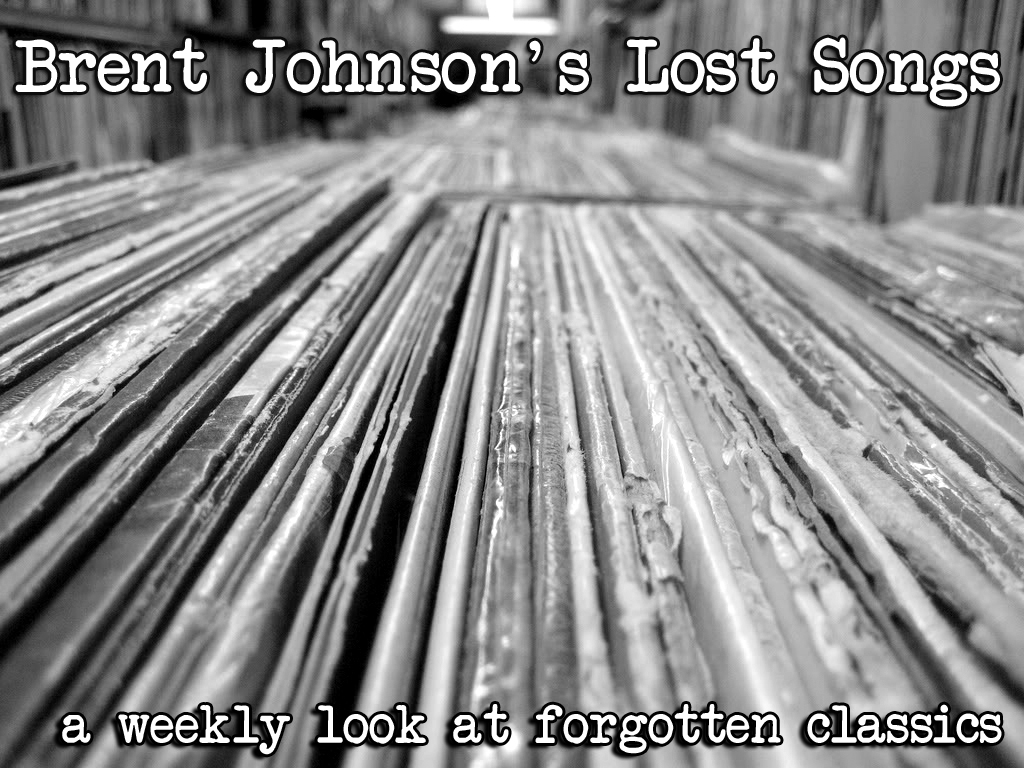jason stives fills in for brent johnson with an underrated classic from the 1990s …
When I was younger, I viewed the ’90s as as much of a fad decade as the ’80s were — filled with gimmicky songs, trends that rose and fell in three years’ time, and was given far more credit than it deserved. But as I have gotten older, I get the significance of many of the progressions in rock music during this period. Seattle aside, many pockets of great rock bands came out of this decade, scattered across the heartlands of America, telling the world in heavy overdriven guitar jams why they were nothing like the baby boomers. It’s easy to name bands like Pavement, Wilco, and Sonic Youth as part of the cluster of experimental rock bands that paved the way for current alternative trends. But the one that seems to go a bit under the radar, unless you are a rock critic or trendy audiophile, is Neutral Milk Hotel.
In recent years, the work of Neutral Milk Hotel has taken on a new light for aspiring indie and alternative bands. With a namedrop on NBC’s Parks And Recreation as well as being name checked by Long Island alt-rockers Brand New as a heavy influence, the work of Neutral Milk Hotel is still as strong as it was 15 years ago. NMH mastermind Jeff Magnum no doubt had and probably still does have one of the strangest imaginations as far as lyrical content. In recent memory, that creativity has been sparse and a bit stunted due to his erratic nature. He hasn’t released new music in more than a decade. But people are still spellbound and asking questions of what Magnum meant in many of his songs.
If any album has call for question over wordplay, it’s Neutral Milk Hotel’s 1998 release In The Aeroplane Over The Sea. The record has been regarded as an indie masterpiece and Pitchfork Media even ranked the title track No. 7 in the 200 greatest songs of the ’90s. While I will award pretentious cause on Pitchfork’s opinion, there is no denying the song’s appeal as an eerie and gentle track of describing true loves fate. But while both the title track and the album as a whole bare remarkable qualities that many bands have never really replicated in their genre, it’s the song “Holland, 1945” that is a distinct definition of ’90s alternative rock as a new and exciting experiment.
Another one of Magnums impossible dreams turned into a song, “Holland, 1945” is about a love Magnum never met: prolific Holocaust war child Anne Frank. In his dream, Magnum met her, fell in love with her, and has missed her since. The fact that he felt so strongly about this imagery that he had to turn it into a song is a bit deranged, but its outcome is one of the album’s most upbeat lo fi arrangements of fuzz rock.
The song is inherently messy, sounding like it was done in a garage on some low-grade equipment, but it adds to the fooling-around-like nature of the song, even if the subject of a girl buried far across the sea is very strange and dark. The song also refers to a dark brother wrapped in white, something that has been reported to refer to a family friend of Magnum’s that committed suicide. If the song wasn’t already a bit twisted for a strange love story, its dark references to death close to home make it a personal piece that is not easily understood.



Great fill in for Mr. Johnson. Love the song but I never realized it was about Anne Frank!
incredible song